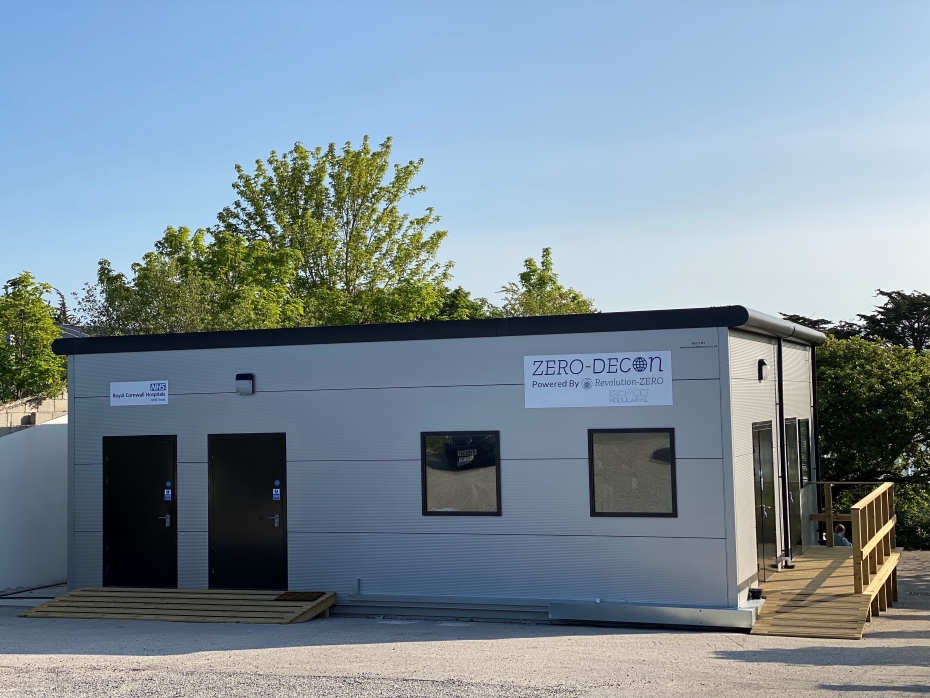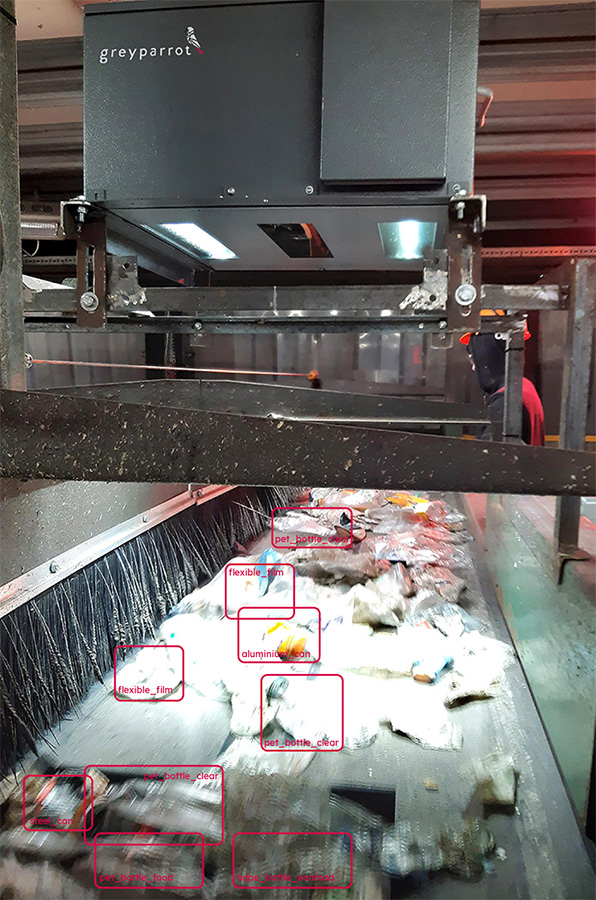And, key among the proposals are plans to exempt small producers across all regimes from paying towards the cost of recycling and to align the reporting requirements of all three compliance systems.

The proposals have been issued for consultation in a discussion paper produced jointly by the Department for Environment, Food and Rural Affairs (Defra), Department for Business, Innovation and Skills (BIS), Scottish Government, Welsh Government and Northern Irish Assembly.
It comes in the wake of yesterdays launch of proposals to fundamentally overhaul the WEEE compliance system, which is seeking to reduce the cost for businesses who are obligated to comply (see letsrecycle.com story). Consultations on the Packaging and Batteries regulations will follow later in 2013.
The three producer responsibility regimes derive from separate EU Directives covering waste packaging, batteries, waste electrical and electronic equipment (WEEE). They are designed to ensure that producers bear the costs of collecting and recycling a proportion of the products they place on the market.
Changes have been proposed as businesses have claimed that significant differences between the regimes creates an excessive administrative burden. The government has pledged to bring the regimes more in line with each other, as part of its ongoing Red Tape Challenge, which seeks to reduce the regulatory burden on businesses.
In the discussion paper, the government sets out 21 areas where it believes that a greater degree of coherence could be achieved across the regimes and has given stakeholders until May 31 to submit views on the changes.
Producers
Among the major changes proposed for producers of obligated wastes, the government plans to exclude small producers from the financial obligation to pay the cost of recycling by applying a de-minimis arrangement across all three of the regimes, excluding small producers.
The government also plans to change the way that a producers obligation is calculated for each compliance period so that WEEE and battery producers obligations are based upon retrospective, rather than in-year data, as is currently the case for packaging producers.
Also, companies operating in both the WEEE and batteries sector will be able to register as a group, rather than individually for each waste stream, avoiding multiple registrations.
Compliance schemes
For producer compliance schemes, the government proposes to extend the subsistence charge that currently must be paid for operating a compliance scheme in the batteries sector, across the WEEE and packaging systems. Schemes would also be required to pay a charge for each of their producer members, which will vary according to their size.
The government also plans to remove the requirement for compliance schemes and directly registered producers to produce operational plans, as it believes that the effort taken to generate and assess the plans outweighs the regulatory benefit they provide. New schemes would still be required to produce a business plan that would incorporate some of the elements of the current operational plan requirements.
Meanwhile, the government has also submitted plans to extend the carry forward of evidence that allows packaging compliance schemes to move evidence from period to the next across the WEEE and batteries regimes. According to the government, this will create an environment that allows schemes and producers to adopt a positive approach towards meeting their targets.
Reprocessors
For reprocessors, the government has outlined plans to introduce a common competency test across all three regimes to demonstrate that they are technically and financially competent to issue evidence notes under the regulations. Failure to satisfy the requirements of the test will lead to refusal to issue evidence for recycling.
And, it is proposed that exporters of WEEE, batteries and the majority of packaging types will not have to give site-specific details of where material is being processed, if it is being sent to a country within the EU or the OECD.









Subscribe for free